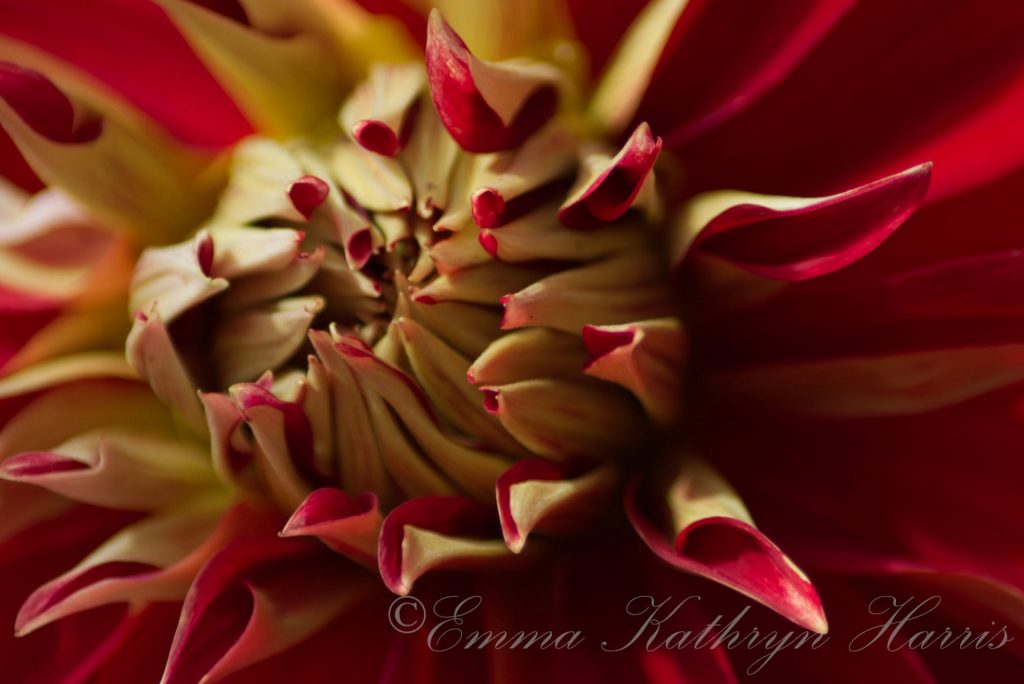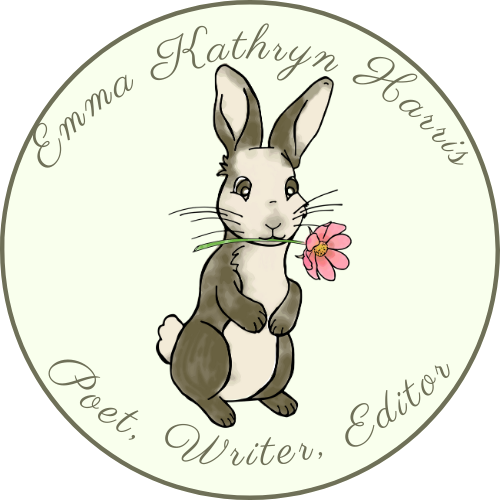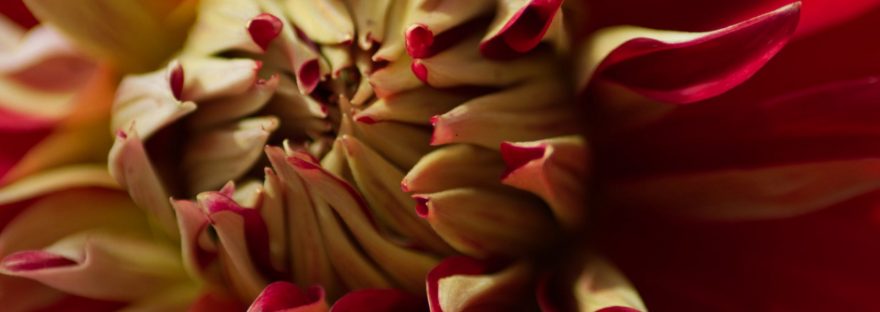…I would prefer the notion that a poet turns ideas and abstractions into facts, rather than the other way around.
Louise Glück, poet, essayist, award winner
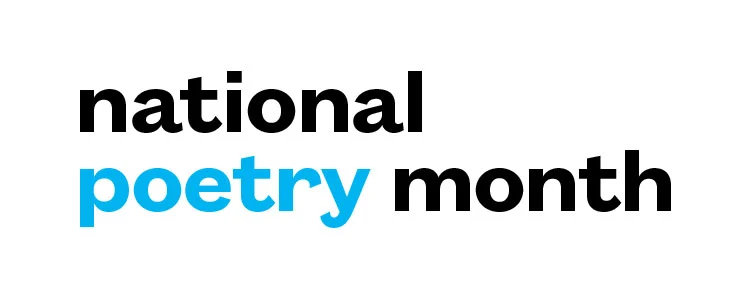
April is National Poetry Month. It is “the largest literary celebration in the world,” according to the organization that established National Poetry Month in 1996, the Academy of American Poets.
The point of the month is to get us focused on poetry and write it. Last year, I not only wrote 30 poems during April, but by the end of the year, I had composed 162. April jumpstarted something in me I had missed (or ignored) for years—my love of writing poetry.
Ways to jumpstart your creative poetry writing
The Academy of American Poets offers programs for the month, including a list of 30 ways to celebrate. Their Poem-A-Day podcast and newsletter are a great way to hear or read poetry both from new to established poets.
Also, Writer’s Digest offers 30 days of poetry prompts to help you start writing, be creative, and focus on poetry in various and perhaps new ways.
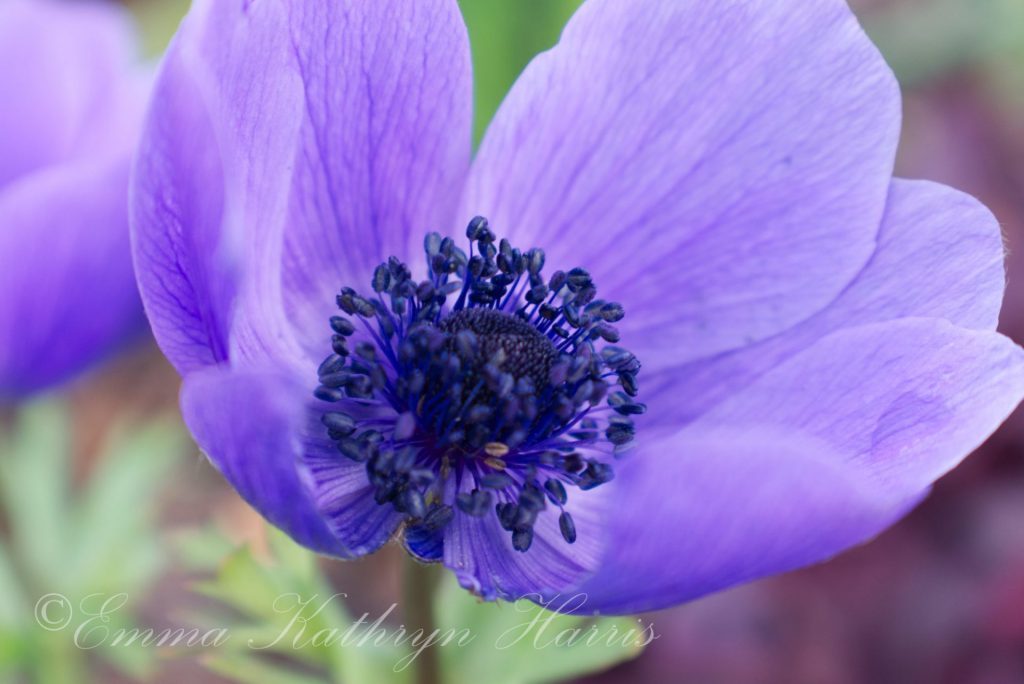
Other avenues to inspire your writing is to read poetry by notable poets and award winners, such as Louise Glück, winner of the Pulitzer and Noble Prizes and National Book Award (“The Wild Iris,” “Faithful and Virtuous Night,” “A Village Life”); Mary Oliver, Pulitzer Prize and National Book Award winner (“Devotions,” “A Thousand Mornings”); and Sylvia Plath, Pulitzer Prize winner (“The Collected Poems”). Often, reading a poem might spark a thought with a simple word, phrase, or image it creates, bringing to mind something of meaning to you that you want to write about.
Reading award-winning poets also clues us into why they are award winners. We can study their style and their creative minds, through their colorful poems.
Another idea, and one that works particularly well for me, is to move outside to nurture inspiration through creation as we sit among the flowers, the sunshine, the budding trees, and the melodious birds. We observe squirrels and rabbits as they traverse the yard. Butterflies, honeybees, and hummingbirds dart around us. And they, too, give us many ideas to write about.
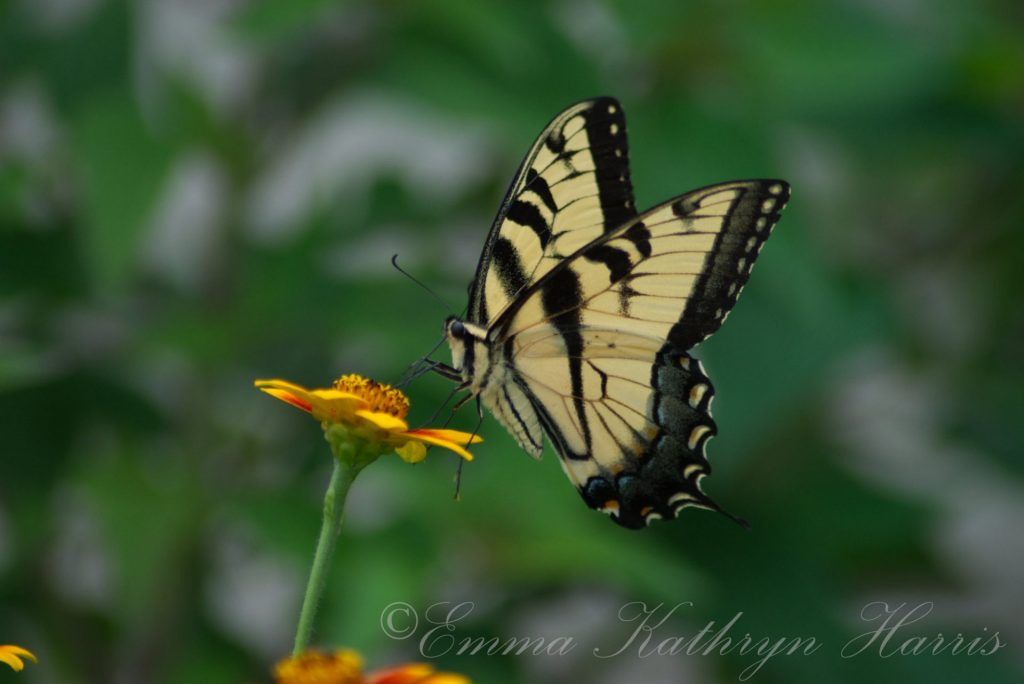
Leaving our computer behind in the office and using our notebook and pen causes us to slow down and be alert to the sounds and sights around us, often hidden behind a screen and the tapping of keys. The computer is useful for editing but if you can, try writing the old-fashioned way, complete with mistakes and cross-outs and illegible handwriting in some cases.
Whatever your preference and routine, think of April not only as National Poetry Month, but as your month.
Need more ideas? Check out these recommendations to boost your poetic imagination.
